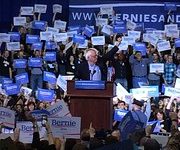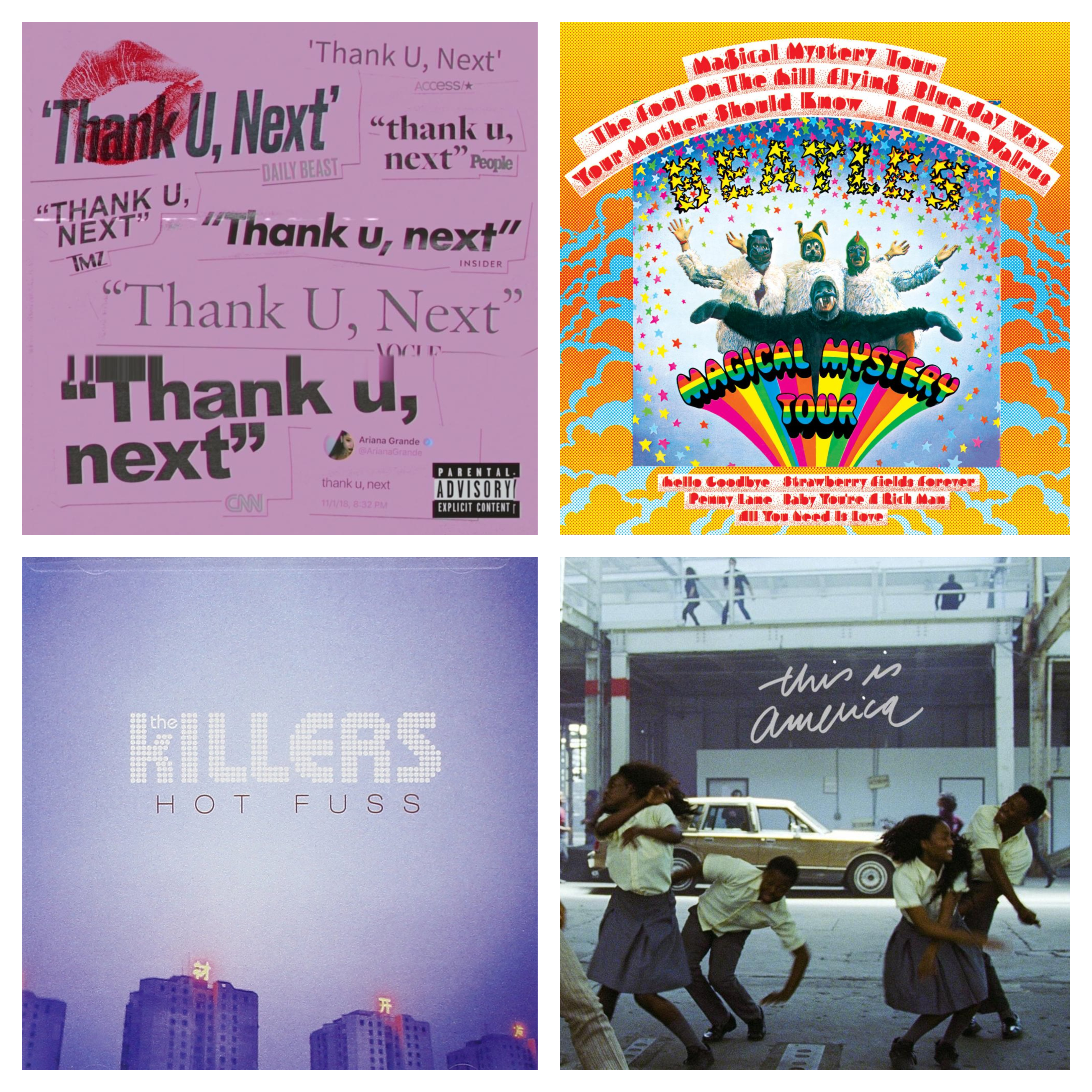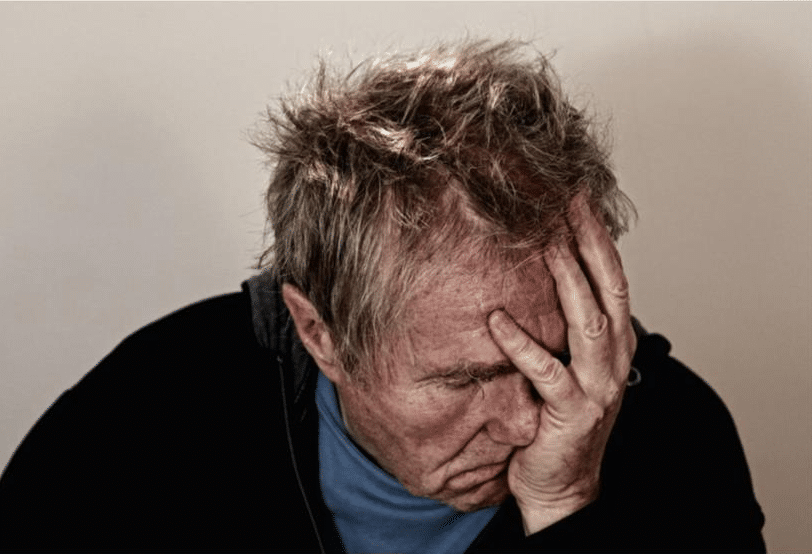By Lauren Kane –
The frontier of the internet always keeps us guessing what conflicts will occur next. Over the past month, the conflict has come all the way from Capitol Hill, with the pending legislation of SOPA, or the Stop Online Piracy Act. If made into a law, SOPA would expand the government’s ability to combat online copyright infringement.
Yes, this means downloading your favorite music online would be restricted. This law would expand criminal laws to include the legal punishment of unauthorized music streaming. The punishment would include a $250,000 fine or possibly even a five year prison sentence.
One of the most controversial issues of this bill, however, is that it would allow the U.S. Government to shut down offshore downloading sites without any form of trial, or evidence. These websites would disappear without a trace.
Another disturbing aspect to the SOPA bill is its notably broad language. This language states that the government could shut down or incriminate any website containing a single page considered “copyright infringement.” For an extreme example, Facebook could be shut down entirely because someone posted song lyrics, movie quotes, or pictures that had a Dunkin Donuts logo in it.
The bill would also allow the government to trace users’ internet activity. The government could monitor which websites people visited, which many may perceive to be an invasion of privacy.
As college students, and members of “The digital generation,” the outcome of this war on music piracy will have quite an impact on us. Some students feel that the laws are completely out of line.
“It’s just one step closer to the government taking away more of our freedoms” says freshman, CJ Ten Hoeve.
However, other students can understand both sides of the issue.
“At first, [SOPA] came off as very controlling,” says freshman, Mike Oser. “But I can see where they’re coming from.”
SOPA is not the only current legislation combating Internet piracy. There is also the PROTECT IP Act (Preventing Real Online Threats to Economic Creativity and Theft of Intellectual Property Act), which is a rewrite of the COICA (Combating Online Infringement and Counterfeits Act).
COICA failed to pass through Congress in 2010. PROTECT IP Act is very similar to PIPA, aiming to give the government more legal tools to prevent access to copyright infringement websites.
The introduction of the Act by Texas Representative Lamar Smith provoked an uproar from the public, especially internet sites such as the English Wikipedia, Reddit, Tumblr, and Google. On Jan. 18 of this year, such websites, along with thousands of other smaller online sites, protested SOPA by staging a wide-scale “blackout.”
Such responses caught the attention of legislators, who began dropping support for the SOPA/ PIPA Acts. However, there is a new potential law on the table that the internet community must fight.
ACTA (Anti-Counterfeiting Trade Agreement) is an agreement that would work to establish standards for the enforcement of intellectual property rights. ACTA has already been signed by Australia, Canada, Japan, Morocco, New Zealand, Singapore, South Korea and the United States. After ratification by six more states, the agreement will go into effect in the United States.
All legal action against music and movie piracy is still pending. One thing is for certain, the passing of SOPA, PIPA, or ACTA will have a great impact on the internet and generations to come.














